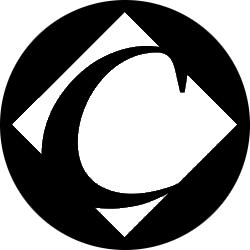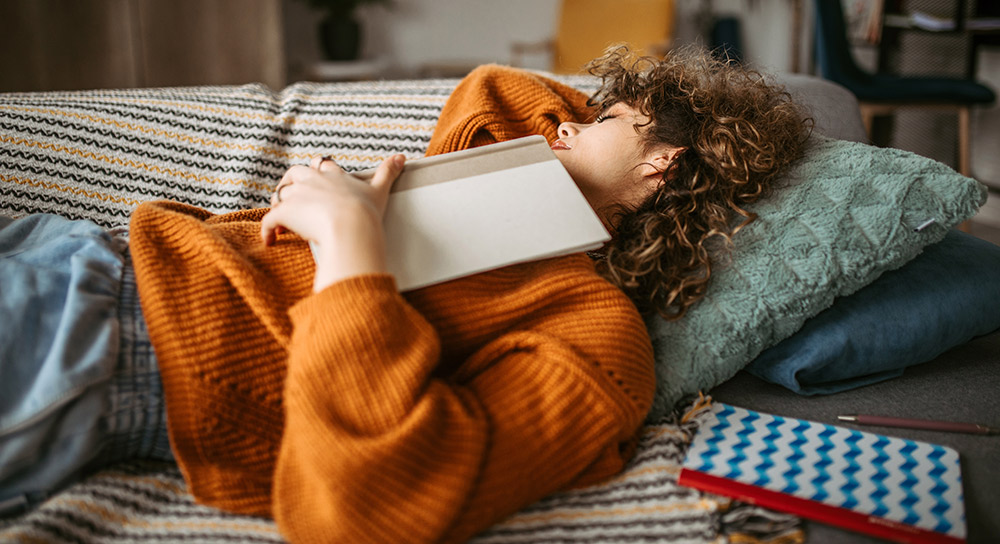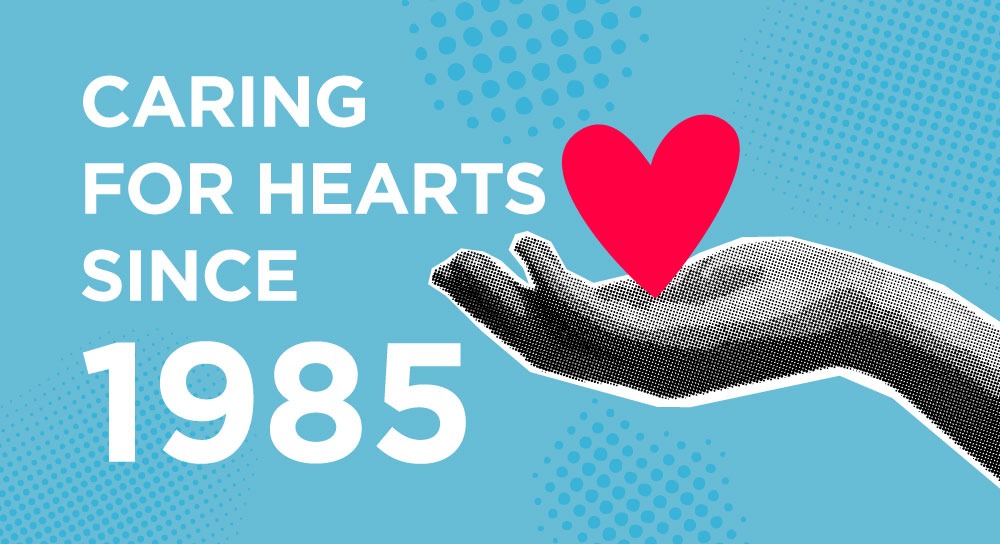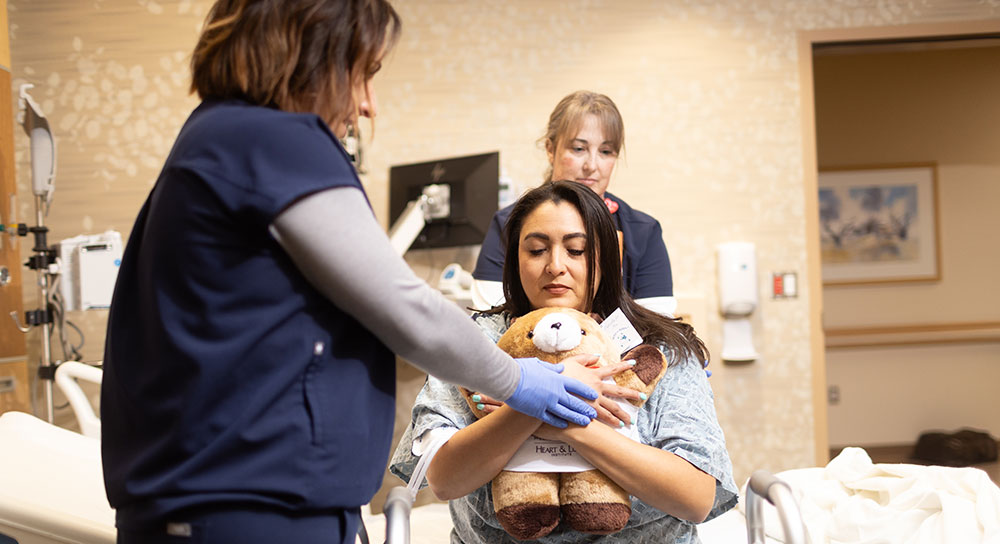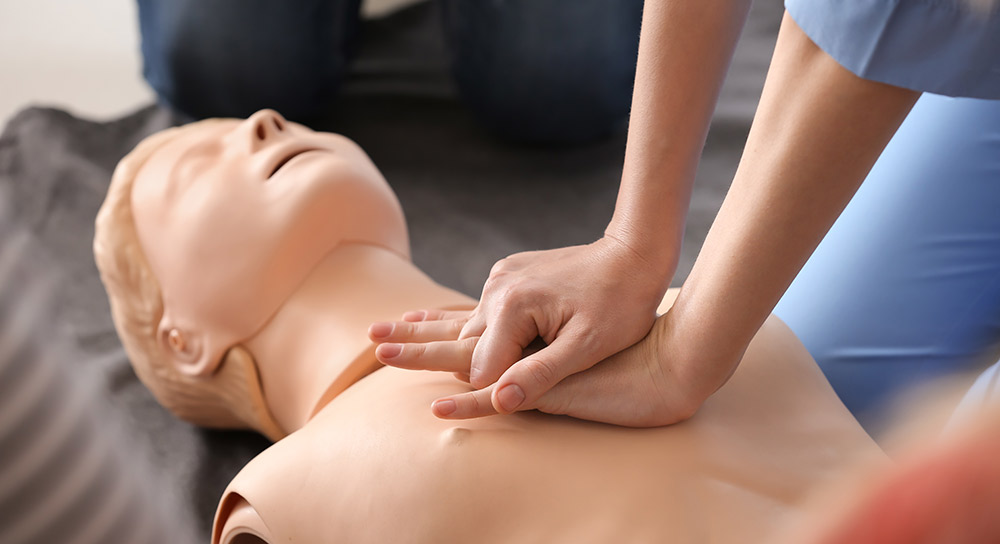If you snore loudly and feel tired even after a full night's sleep, you might have sleep apnea, a potentially serious sleep disorder that causes your breathing to stop and start repeatedly.
Lack of sleep can lead to serious problems. These include high blood pressure, heart attacks, diabetes or stroke.
When lack of sleep becomes a problem
Suzanne Hendrickson, an engineer who travels often for her work, was diagnosed with sleep apnea and told by her doctors to use a breathing machine to help her sleep through the night. However, her constant travel made packing, using and keeping the machine’s components clean difficult, and she realized she wasn’t getting enough sleep.
Those sleepless nights were taking a toll and leading to mistakes, she said.
She turned to Drs. Brian Woo and Robert Julian, specialists in oral and maxillofacial surgery at Community Regional Medical Center, for a more convenient and technologically advanced treatment for her sleep apnea.
Unplugging from the machine
“Sleep apnea hasn’t always had great treatment options that patients find comfortable or can tolerate,” said Dr. Woo.
They suggested Hendrickson try an FDA-approved implant device called Inspire, which is used as an alternative to breathing machines for some patients.
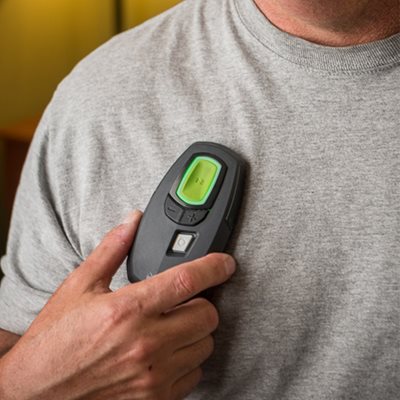 Inspire monitors every breath and — based on the patient’s unique breathing patterns — delivers mild stimulation to the nerve that controls the movement of the tongue and key airway muscles. The stimulation helps move the tongue forward, keeping the airway open during sleep.
Inspire monitors every breath and — based on the patient’s unique breathing patterns — delivers mild stimulation to the nerve that controls the movement of the tongue and key airway muscles. The stimulation helps move the tongue forward, keeping the airway open during sleep.
The outpatient surgery was done under general anesthesia using three small incisions. “When this came along, it was wonderful for us because it provided a surgery that wasn’t as invasive as some of the other surgeries we do,” said Woo.
About four weeks after the implantation, the device was activated. Hendrickson uses a remote to turn Inspire on before bed and off when she wakes up.
Getting a good night’s sleep — finally
Hendrickson’s surgery was a success and she has resumed normal activities and traveling, including skiing vacations in Colorado and snorkeling in Jamaica. “I’m able to sleep and I have a lot more energy,” she said.
Having state-of-the-art healthcare like Inspire available in the Valley lets local patients like Hendrickson experience a higher quality of care while staying close to their support system.
“(Having this) puts a little skip in our step, a little positivity for our patients with sleep apnea,” said Dr. Julian.
How to get a better night’s sleep
Exercise during the day. Being physically active during the day can help you fall asleep more easily.
Get comfortable. Your bedroom should be quiet and at a comfortable temperature for you to fall asleep.
Limit distractions. You should not be checking your phone or watching TV just before bedtime. Try reading a book or taking a bath to relax.
Be consistent. Try to go to bed at about the same time each night, even on the weekends, and get up at the same time every morning. That consistency will help set your “internal clock.”
Be prepared for sleep. Avoid large meals, caffeine and alcohol right before bedtime.
If you think you might have sleep apnea, see your doctor. Treatment can ease symptoms that could lead to heart problems and other complications.


